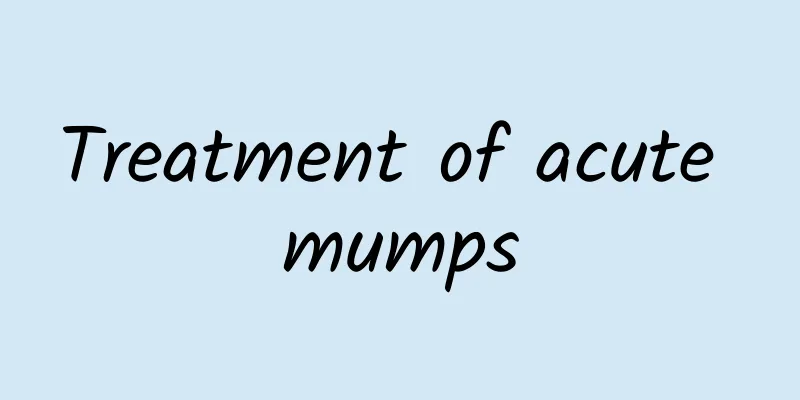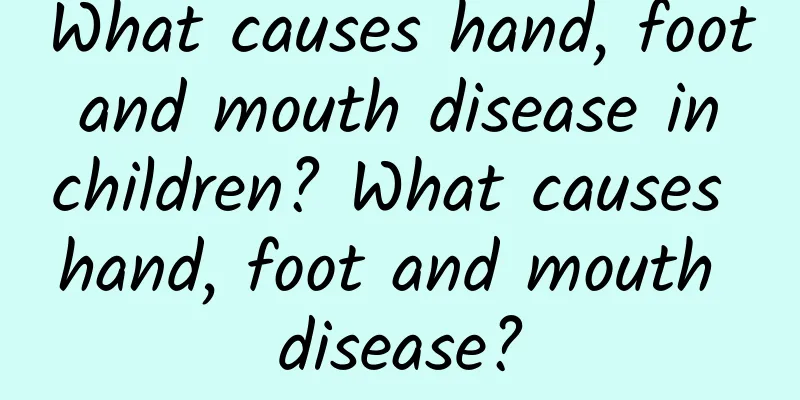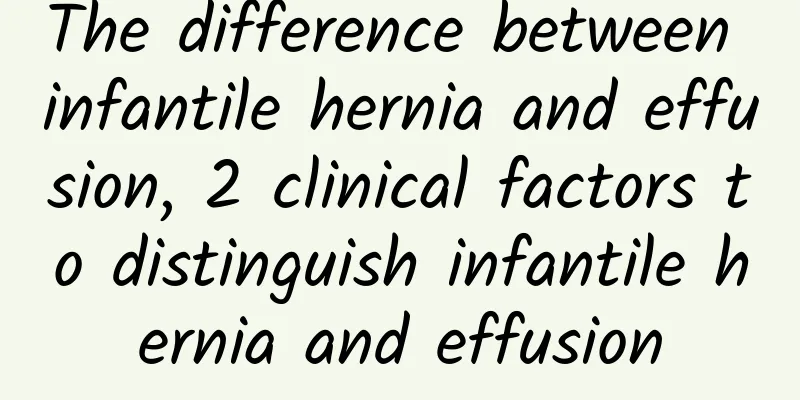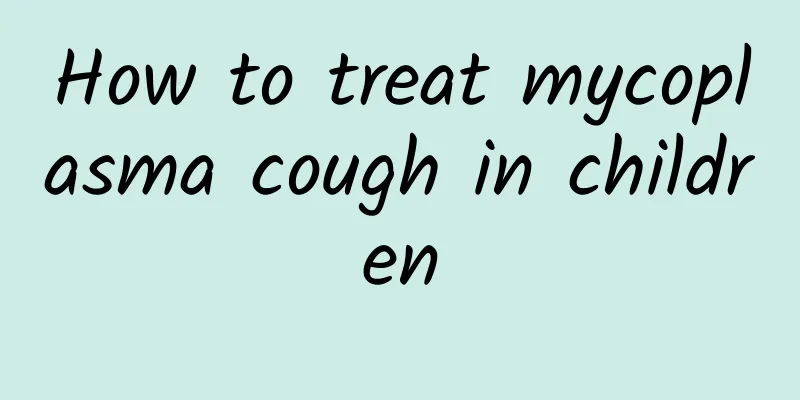The main symptoms of hand, foot and mouth disease
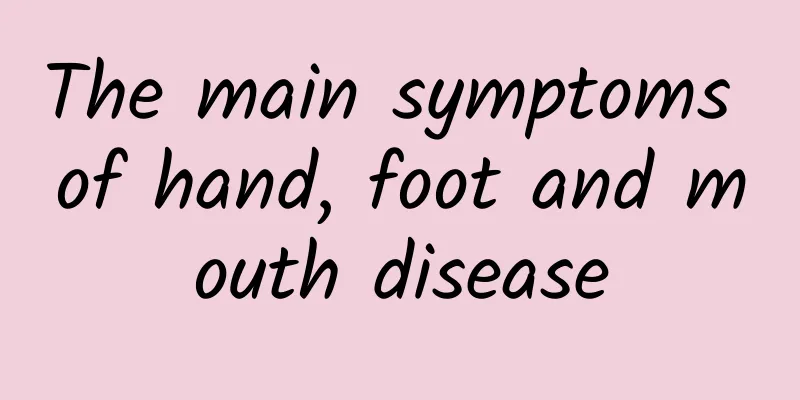
|
The main symptoms of hand, foot and mouth disease include fever, mouth ulcers and rashes on the hands and feet. Knowing these symptoms can help with early identification and timely treatment. 1. Fever: The initial symptom of hand, foot and mouth disease is usually fever, which may rise to 38-39 degrees Celsius. This fever usually lasts for 1 to 2 days, followed by other symptoms. Parents can determine whether their children have a fever by measuring their body temperature and take timely cooling measures, such as wiping the body with warm water and keeping the room ventilated. 2. Oral ulcers: 1 to 2 days after the fever, small blisters will appear in the child's mouth. These blisters will rupture and form ulcers, causing the child to have difficulty eating, drooling, and crying. Ulcers usually appear on the tongue, gums, and the inner wall of the mouth. To relieve pain, you can give your child some cool foods, such as ice cream or frozen juice, and avoid spicy and acidic foods to avoid irritating the ulcers. 3. Hand and foot rash: At the same time or later as oral ulcers appear, the typical symptom of hand, foot and mouth disease - rashes on the palms, soles and buttocks - will also appear. These rashes are usually small red spots or blisters and may cause itching or mild pain. Keeping your child's skin clean and dry and avoiding scratching the rash can relieve discomfort. 4. Other symptoms: In addition to the above main symptoms, hand, foot and mouth disease may also be accompanied by coughing, runny nose, loss of appetite and fatigue. Parents need to closely observe their children's physical condition and ensure that they get enough rest and nutrition. 5. Preventive measures: Hand, foot and mouth disease is mainly transmitted through contact, so good hygiene habits are very important. Washing hands frequently, disinfecting toys and tableware, and avoiding contact with sick children can effectively reduce the risk of infection. Parents should also pay attention to their own hygiene to avoid transmitting the virus to their children. 6. Medical advice: If your child has severe symptoms such as persistent high fever, severe headache, vomiting, confusion, etc., you should seek medical attention immediately. These symptoms may indicate that the condition is getting worse and requires professional medical intervention. By understanding the main symptoms and preventive measures of hand, foot and mouth disease, parents can better protect their children's health, detect and deal with problems in a timely manner, and avoid worsening of the disease. |
<<: Causes of elevated glutamyl transpeptidase in neonatal jaundice
>>: The best time to treat hernia in children
Recommend
How to cure jaundice in children
Pediatric jaundice can be treated through phototh...
Why does my baby cough while sleeping? What should I do if my baby coughs while sleeping?
When a baby has symptoms of coughing while sleepi...
Which few things should be done to cure children's pneumonia quickly?
Pneumonia occurs when we fail to prevent it. How ...
What diseases are likely to be complicated by acute laryngitis in children
What diseases are prone to complications of acute...
What are the causes of baby indigestion? Here are 6 tips to help your baby with indigestion.
The baby's digestive system is not yet mature...
Pregnancy and childbirth issues for children with eczema
What does it mean for children to have eczema dur...
What are the side effects of taking Yinzhihuang oral liquid for newborn babies with high jaundice?
When newborn babies have high jaundice, Yinzhihua...
What to do if your child can't cough up phlegm
When children are young, they usually don't c...
Which part of the body should be exposed to the sun for jaundice? How many times a day should the sun be exposed to the sun for
In the obstetrics and gynecology department, we a...
How to treat a one and a half year old baby's night cough?
If your baby always coughs at night, it will affe...
What to do if your two-year-old baby doesn't speak
The best language development stage for babies is...
What medicine should I take in the early stage of breast milk diarrhea?
What medicine should be taken in the early stage ...
What virus is polio?
Polio is caused by the polio virus, an acute infe...
What to do if your child keeps coughing
A child's cough that does not go away may be ...
What is the order of subcutaneous fat reduction in malnourished children?
Children are very important to every family. Once...






